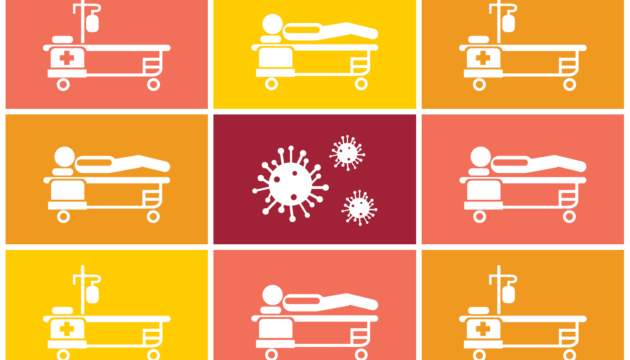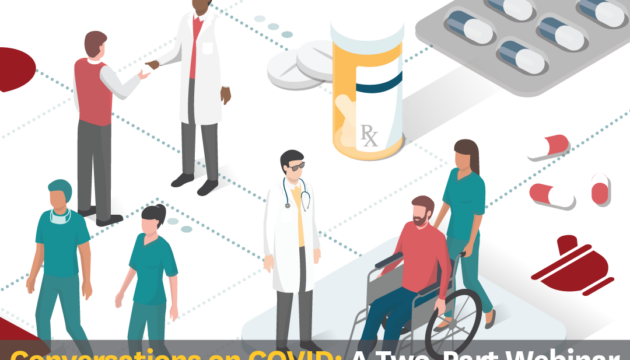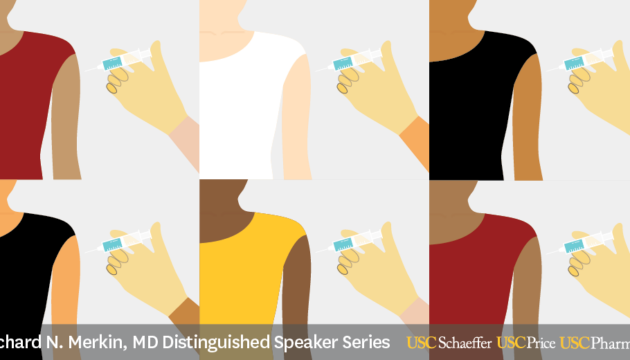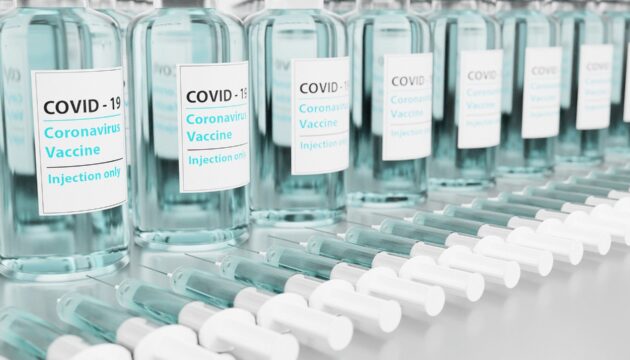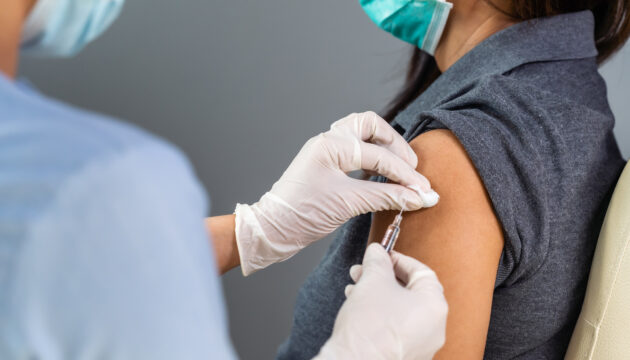Coronavirus (COVID-19)
Our work in Coronavirus (COVID-19)
-
Minimally Invasive Surgeries Offer Strategies for Hospitals to Create Surge Capacity
While COVID-19 hospitalizations are down, a new Schaeffer Center white paper highlights the importance of investing in minimally invasive technologies that will allow hospitals to prepare for future surges.
Categorized in -
Reassessing the Value of Minimally Invasive Technologies in the Era of COVID-19
Minimally invasive technologies are capacity-conserving technologies that could reduce burdens on healthcare providers and hospitals while also shielding patients from unnecessary in-hospital exposure to pathogens.
Categorized in -
Changes in Health Services Use Among Commercially Insured US Populations During the COVID-19 Pandemic
A new study from Schaeffer Center experts finds that immediately after Los Angeles’ safer-at-home declaration, emergency department utilization dropped by 37% compared to the same 9 weeks in the prior two years.
Categorized in -
New Study Shows Emergency Department Use Declined Dramatically During First COVID-19 Surge in L.A. County
A new study from Schaeffer Center experts finds that immediately after Los Angeles’ safer-at-home declaration, emergency department utilization dropped by 37% compared to the same 9 weeks in the prior two years.
-
COVID-19 Changed Healthcare Decision-Making. What Does It Mean for the U.S. Healthcare System? (Part 1)
Join the Schaeffer Center for a two-part series on the pandemic’s effects on the kind of care patients are seeking, what they value and prefer, and the need for healthcare systems, payers, and policymakers to meet this challenge in an equitable way.
Categorized in -
COVID-19 Changed Healthcare Decision-Making. What Does It Mean for the U.S. Healthcare System? (Part 2)
Join the Schaeffer Center for a two-part series on the pandemic’s effects on the kind of care patients are seeking, what they value and prefer, and the need for healthcare systems, payers, and policymakers to meet this challenge in an equitable way.
Categorized in -
Can Educational Interventions Reduce Susceptibility to Financial Fraud?
A new study from USC’s Center for Economic and Social Research and the FINRA Foundation examines whether short, online educational interventions can improve adults’ ability to spot fraudulent investment opportunities.
Categorized in -
Improving and Accelerating Vaccine Distribution
COVID-19 vaccine distribution could be improved by better reliance on community organizations and pharmacies, and by rewarding those entities that do the job better, according to an expert panel convened for a Richard N. Merkin, MD Distinguished Speaker Series webinar.
-
Education Is Now a Bigger Factor Than Race in Desire for COVID-19 Vaccine
New survey results show while racial and ethnic differences in vaccine hesitancy persist, level of education now has a stronger effect on people’s willingness to get the vaccine.
Categorized in -
Prepare Now to Overcome Resistance to COVID-19 Vaccinations
The lesson from past campaigns is that even good and safe vaccines need boosters, and not just the kind with needles. Psychology and behavioral science provide some key insights about how a public service campaign should be designed.
Categorized in

